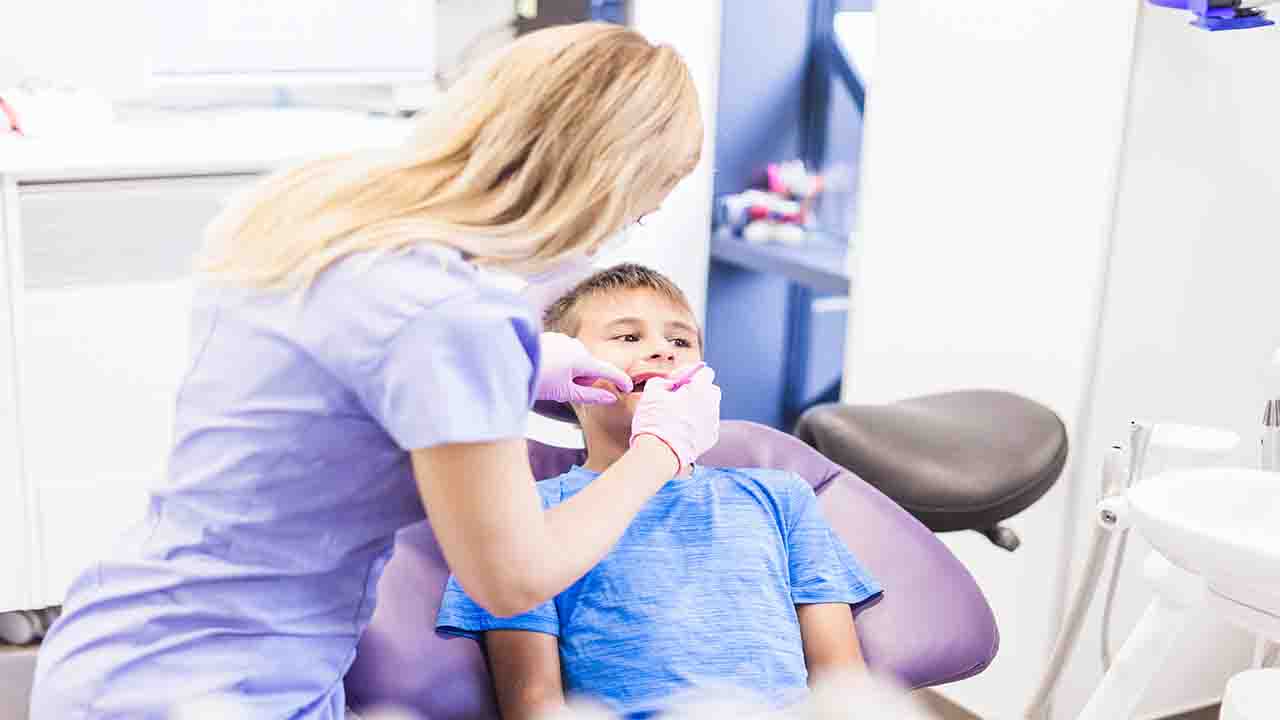The UK soft drinks industry levy, which was introduced in 2018 may have reduced the number of under 18’s having a tooth removed due to tooth decay by 12%, suggests research.
The reduction in hospital admissions may have saved more than 5,500 hospital admissions for tooth decay alone and the largest reductions were in children aged up to nine years old.
In England, Sugar-sweetened drinks account for around 30% of the added sugars in the diets of children aged one to three years and over 50% by late adolescence. In young children about 90% of all tooth extractions are due to decay, which results about 60,000 missed school days a year.
The World Health Organization has imposed a tax on sugar-sweetened drinks to lessen the sugar consumption, which more than 50 countries have implemented.
In March 2016, the UK government announced a soft drinks industry levy or ‘sugar tax’, which aimed to lessen sugar intake by encouraging drinks manufacturers to reformulate their products. In April 2018 the levy was implemented.
While the relationship between sugar-sweetened drinks and tooth decay is well recognized, no studies have used real-world data to examine the relationship between the levy and dental health.
Overall, in children aged 18 and under, there was a complete reduction in hospital admissions of 3.7 per 100,000 population per month compared to, if the soft drinks levy had not happened. This equated to a relative reduction of 12% compared to if the levy was not introduced.
In England in 2020, based on a population of nearly 13,000,000 children aged 0–18 years, the researchers estimated that the reduction avoided 5,638 admissions for tooth decay.
Dr Nina Rogers from the Medical Research Council (MRC) said that, this is an important finding given, that children aged five to nine are the most likely to be admitted to hospital for tooth extractions under general anesthesia.
No important changes in admission rates for tooth decay were seen in older age groups of 10–14 years and 15–18 years. However, reductions in hospital admissions were seen in children living in most areas regardless of deprivation.
This is an observational study so causality can’t be established, and the researchers acknowledge there was no comparable control group so they could not fully attribute the changes in hospital admissions to the soft drinks levy.
They also say that the other national interventions such as the sugar reduction programme and compulsory nutrition labels alongside the levy may have raised public awareness of sugar consumption and influenced buying habits.
Professor Sumantra Ray, Executive Director of the Global Centre for Nutrition & Health, said: “We welcome the publication of this research which attempts to draw the connection between policy-level changes and the impact on early life oral/dental health outcomes which, if untoward, would produce an important onward burden on dental services through the life course.”
He also added that, the economic effects of this are more pronounced given present challenges in the provision of far-reaching dental health coverage both in countries with nationalized healthcare systems as well as others. Whilst there are methodological limitations in this study in regard to causal inference, this provides the basis for the design of further policy sensitive research investigating and these relationships in a manner which clearly connects cause and effect.








